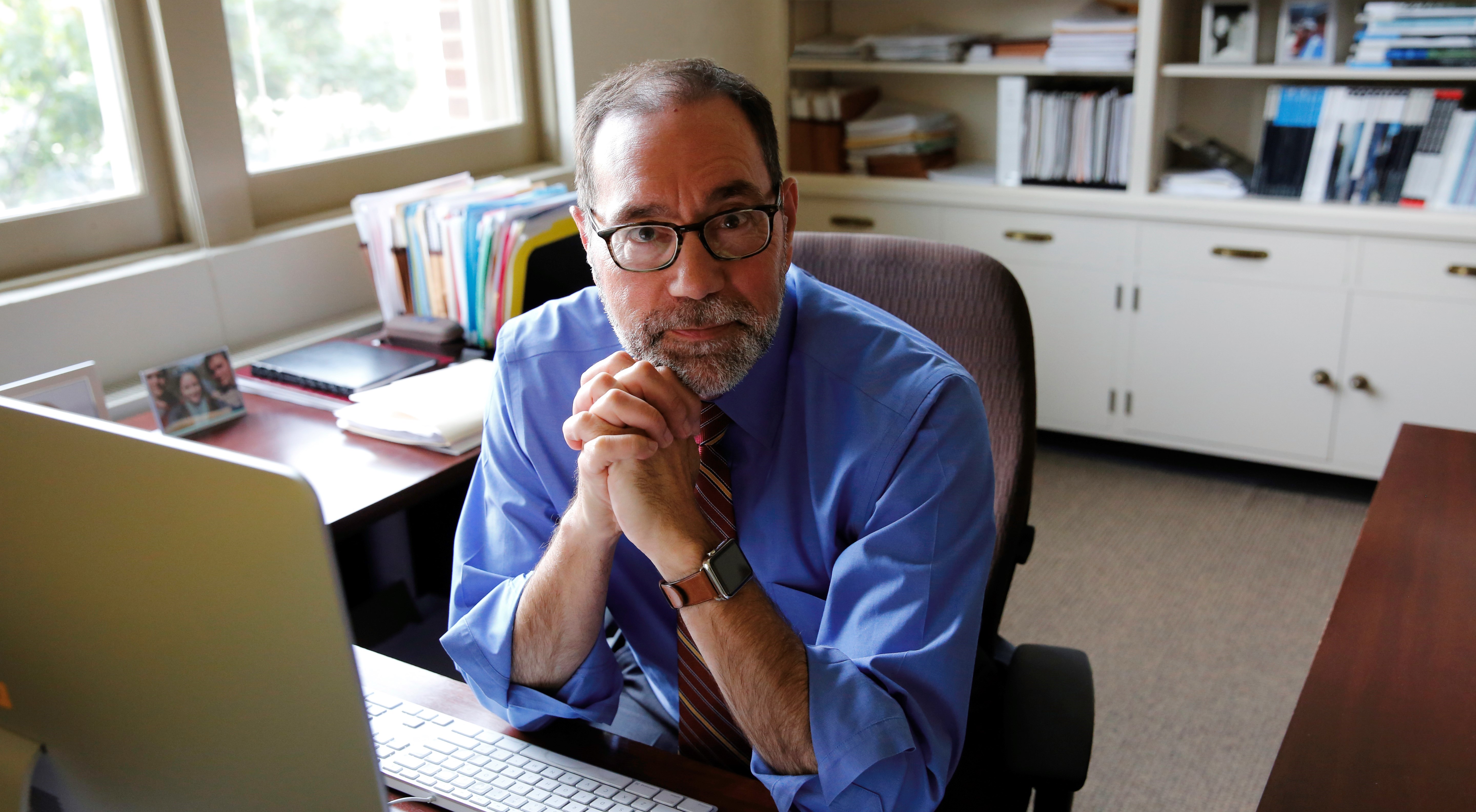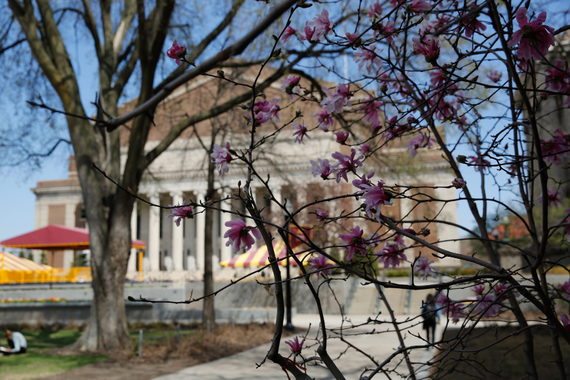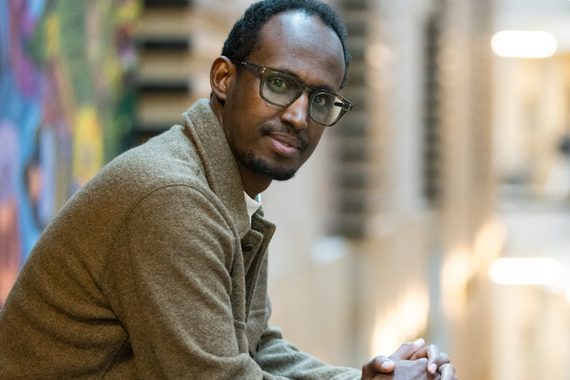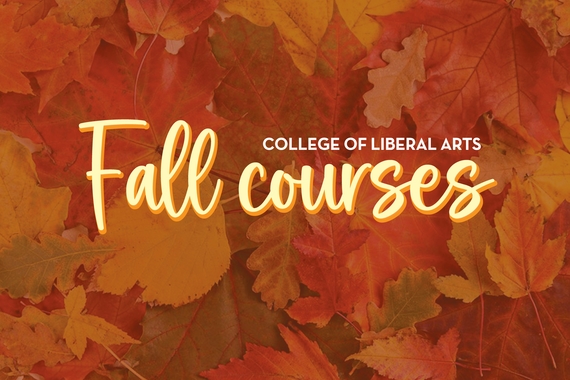Career Readiness Initiative prepares students to launch confidently into world
A year ago in my State of the College remarks, I announced the Civic Readiness Initiative and described it as building off of our strengths in the liberal arts:
Liberal arts disciplines excel at seeing the world through the eyes of others. In that sense, empathy is a skill and approach that is repeatedly provided to our students. A liberal arts culture is one that understands that if you expect to be heard, you must also be able to listen. This is not about timid and restrictive “civility,” but about the ability to engage in robust and passionate dialogue, discussion, disagreement, and debate.
For these reasons, we will be launching the Civic Readiness Initiative, our effort to prepare our students to engage confidently in civic life and to demonstrate that they can do so, just as our Career Readiness Initiative prepares our students to launch confidently into the world of careers. And like our Career Readiness Initiative, our Civic Readiness Initiative will build off of what we do so well in the liberal arts while adding new experiences and opportunities for our students as well.
Since that time, our lives have been rocked with a worldwide pandemic, the killing of George Floyd and its aftermath, an acrimonious election year, an even more polarized political environment, and the many other issues that have confronted us in 2020. The need to help our students launch into and navigate through the civic, social, and political landscape with confidence and understanding has grown even more pressing. Our students need to and want to engage in a world of diverse people, perspectives, and priorities.
I’m pleased to report that we have made strong progress on the initiative under the leadership of Sociology Professor and Chair Doug Hartmann, who serves as the initiative’s faculty director. Conversations with faculty and staff and focus groups with graduate students have helped develop the contours of the program. The initiative is multifaceted and unique in many ways and builds from the reality of Minnesota and the Twin Cities as a community with a strong culture of public life, while also being an area of deep racial and social disparities. That tension is part of the reason why I say above that Minnesota is the right place to do this work, and a place that needs this work.
The program is a first-of-its-kind in the Big Ten. Among its distinctive elements are the size and scope of the agenda, core strengths in faculty research contributions, the large number of undergraduates it will eventually serve, and the broader public visibility of being the flagship institution in a major metropolitan area.
Curricular efforts in development include partnership with the First Year Experience Course taken by all freshmen, 3000-level signature courses, a certificate, capstone options, faculty and graduate student workshops and training, and more. We will kick things off with the launch of a consortium of Freshman Seminars to be taught in fall 2021: Living and Learning in the Land of 10,000 Perspectives. This consortium will provide an integrated suite of classes taught by tenured faculty in small seminar settings, unified by common lectures and readings. All curricular elements throughout the four-year student experience will aim to provide unique experiences for students and encourage them to prepare for active, meaningful public lives.
We also plan to host and co-host a set of public events. This year, for example, we’re co-promoting the IAS Spotlight Series: Polarization and Identities, a six-part series which aims to model ways to create meaningful dialogue about difficult-but-important topics for our students and community. And we will continue to work with partners on public events which highlight our faculty expertise, provide opportunities that support our public focus, and allow our students to engage and participate. We are working with a local media sponsor to identify ways to amplify and extend public events to reach the broadest possible audience.
The initiative is still in its formative stages but we are very excited about its potential. The Civic Readiness webpage is now live and provides the scaffolding for the initiative’s general outline. Take a look, and please be in touch with questions, suggestions, and expressions of interest.
Stay well and safe,
John Coleman, Dean



